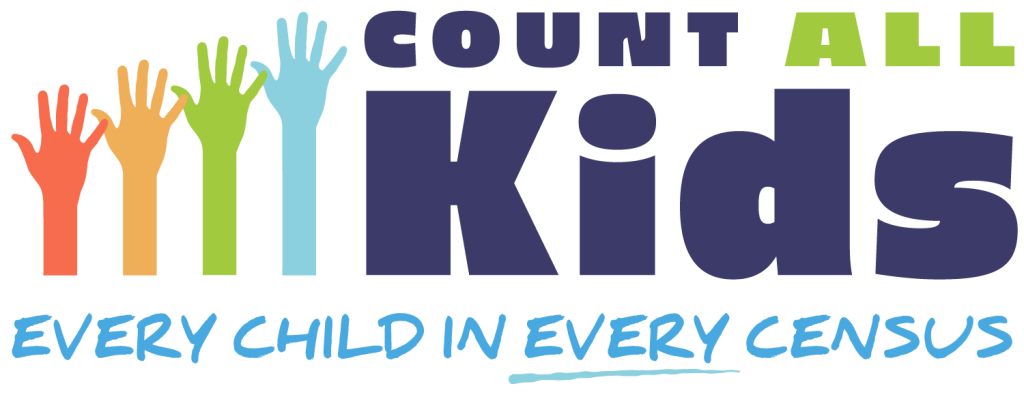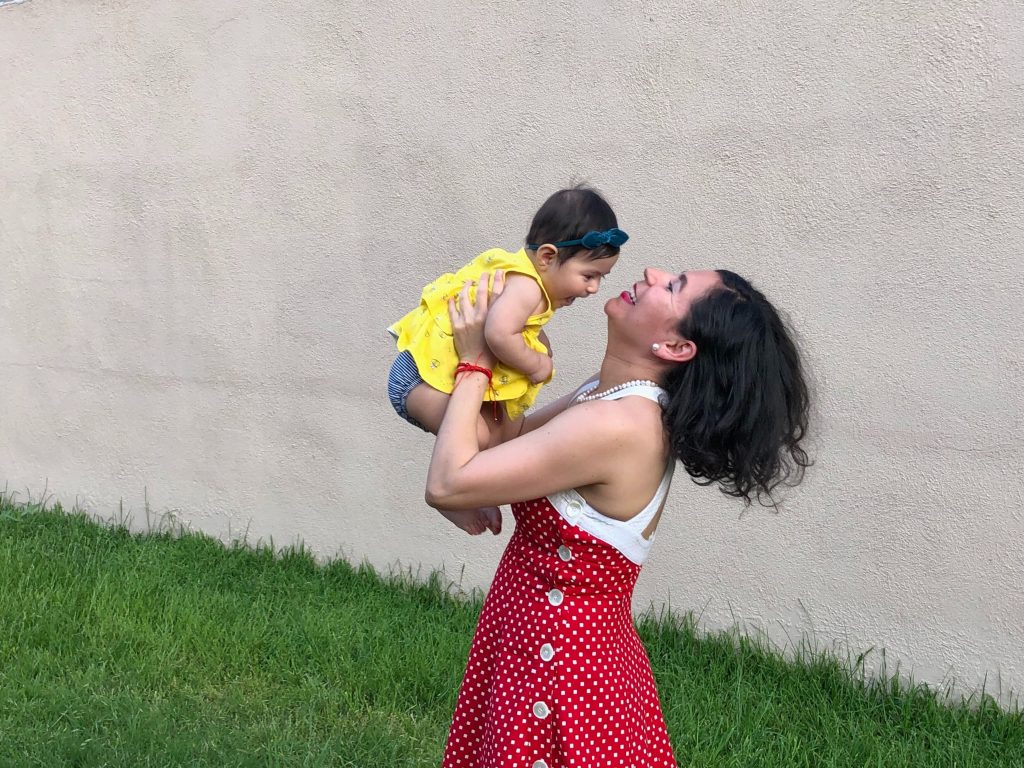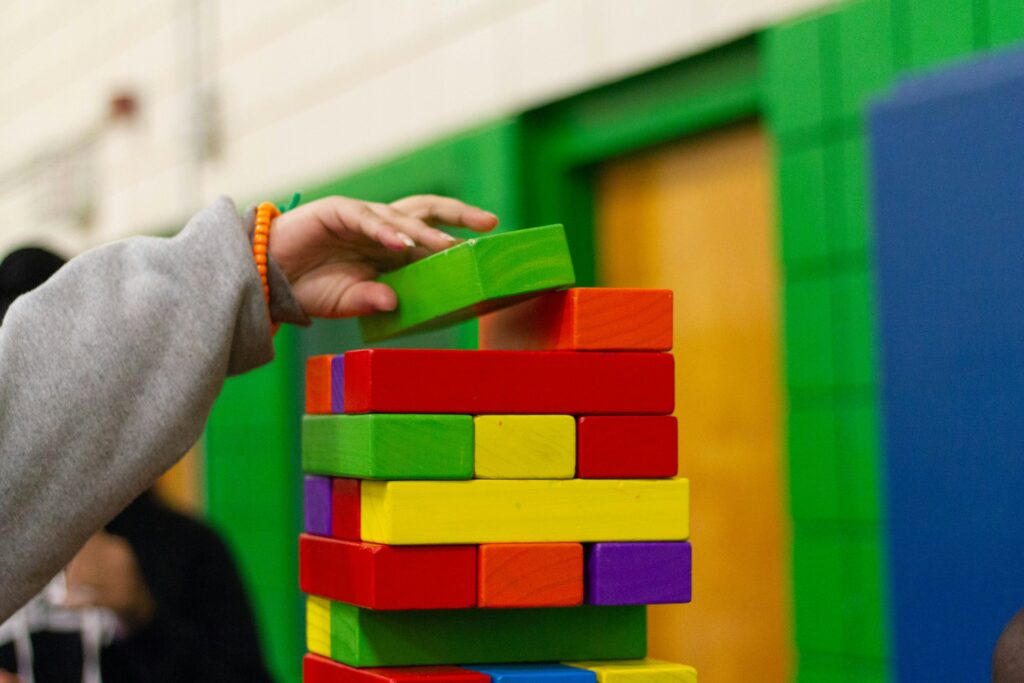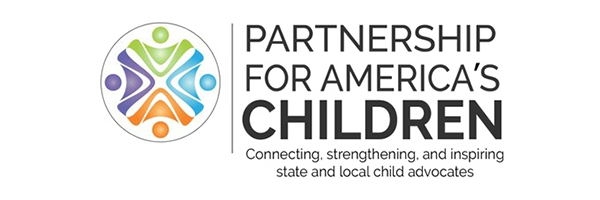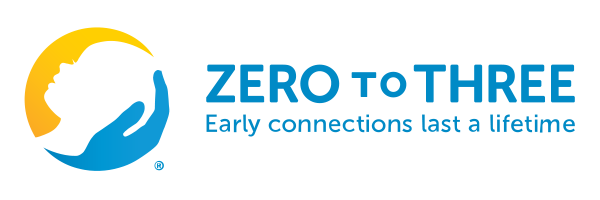Similar to the story of many immigrants in this country, I emigrated from Mexico to California when I was fifteen years old. I remember how difficult it was to navigate my new life in a new country – entering a new school system, learning a new language, making new friends, and adapting to the changes in culture and lifestyle. Thankfully, I had the support of my mother and immediate family members who were already established in the United States.
My personal experiences inspired me to pursue the field of social work so that I could help uplift historically underserved communities, particularly immigrant communities. While immigrants are hardworking and resilient, many of us face numerous challenges when we migrate to the United States – from legal challenges to language barriers, to socioeconomic disparities, and ill-informed anti-immigrant sentiments. These realities are why I wanted to elevate our voices so that we can live and work with the dignity and respect we deserve.
This led me to join NALEO Educational Fund in January of 2019, an organization that facilitates and empowers the Latino community to be part of the American political process from citizenship to public service. I am incredibly fortunate to be in a position to help members of my community who have been living under legal permanent resident status for years, finally initiate the daunting and convoluted process of gaining U.S. citizenship. My work with the organization also includes empowering Latino citizens to own that power by registering and voting every election.
Most recently, I had the opportunity to begin 2020 Census outreach efforts in Los Angeles and California at large on behalf of NALEO Educational Fund. This work has been very gratifying in how being represented in the census extends a voice to everyone, regardless of your immigration status, the language you speak, or how old you are. The census empowers communities through helping determine how much funding will go toward hospitals, schools, roads, senior centers, and many other critical programs like Medi-Cal, Medicare, Supplemental Nutrition Assistance Program (SNAP), and Section 8, all benefiting children and families. Census data are also essential in preparing and responding to global pandemics, like the coronavirus (COVID-19), as local leaders and policymakers use census data to determine gaps in needs and services.
Last year I became a new mommy to Perla Sol. This May 10th, I get to celebrate Mother’s Day and Dia de las Madres for the very first time. Being a mother has brought me so much joy and inspiration to do more for her future and that of our community. And while I always think of ways to better foster an environment for her to grow and thrive, one of the easiest things I could do is make sure she is counted on the census. In 2010, over one million children were left uncounted – 400,000 of which were Latino kids under five, like my little Perla Sol. These children lost out on ten years of funding and resources for programs to help them grow strong and healthy. That is too high of a cost for our children to pay because we failed to count them.
So this Mother’s Day, I ask all new and not-so-new mommies to take ten minutes and make their little ones count. Perla Sol was counted for the first time ever this census, which fills me with great joy in that while I help elevate immigrant voices at work, I was able to elevate my baby’s voice at home, fortifying that she counts; she matters; she is here and is seen.
In 2020, I hope that you and your family will elevate your voices and make your presence known by participating in the census.
__
Martha Gonzalez currently serves as the California Program Manager at NALEO Educational Fund, based in the Los Angeles headquarters office.
